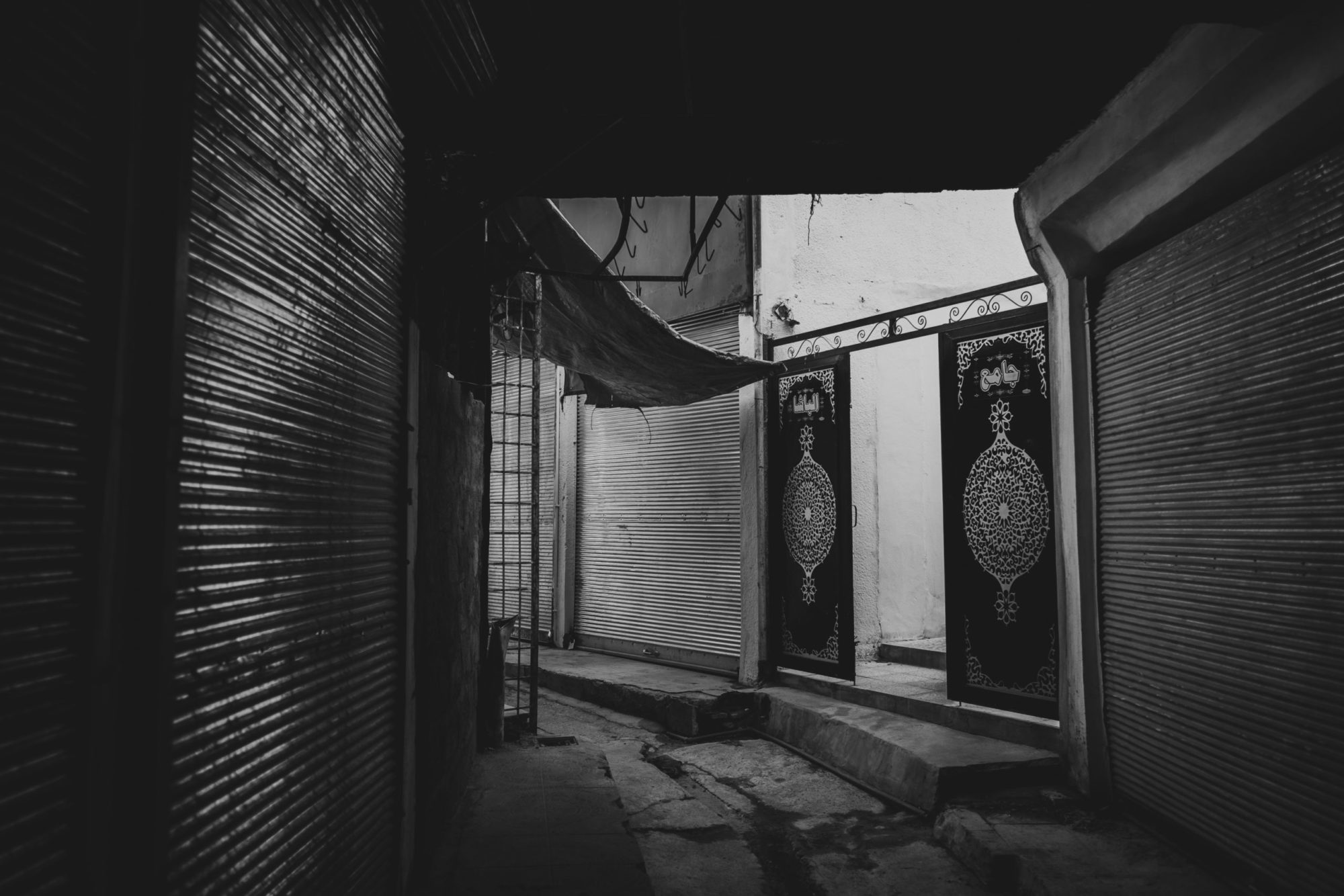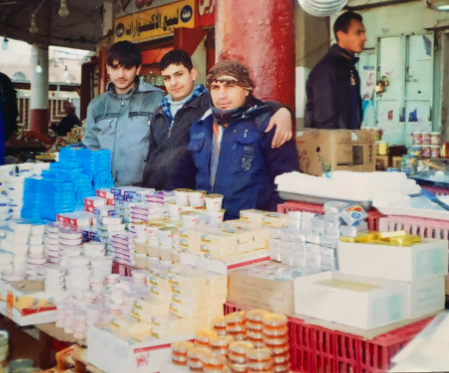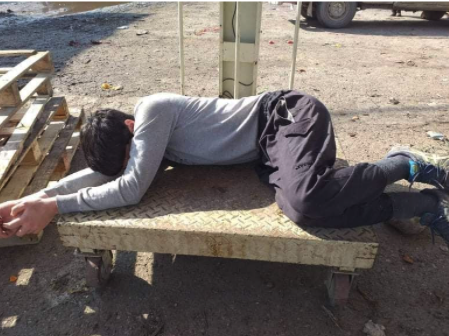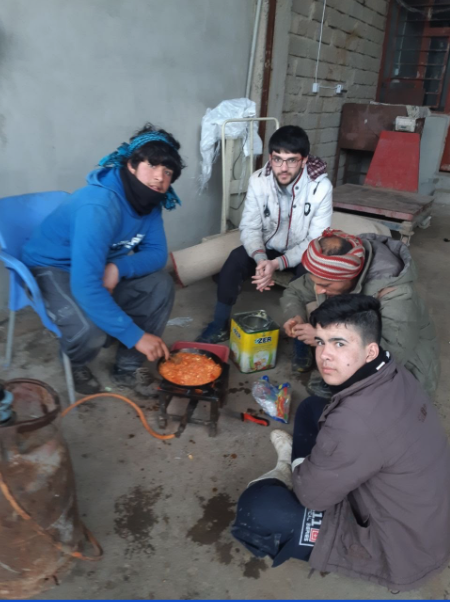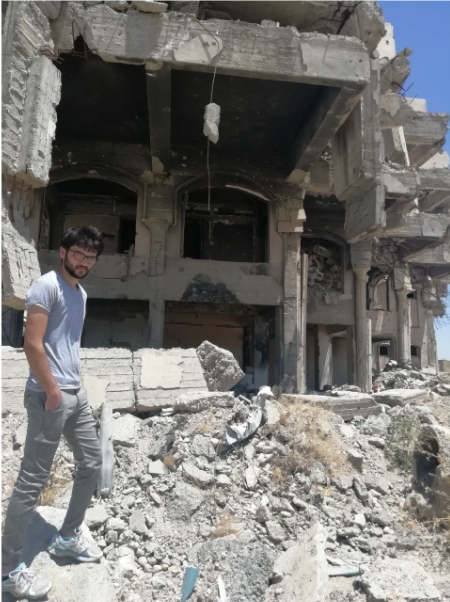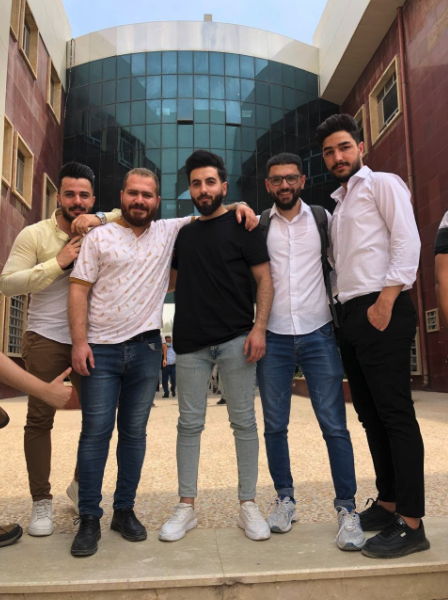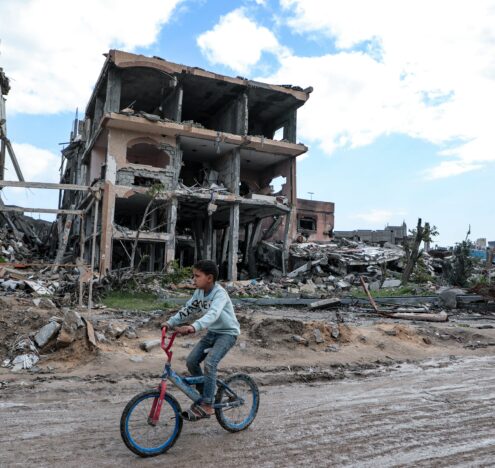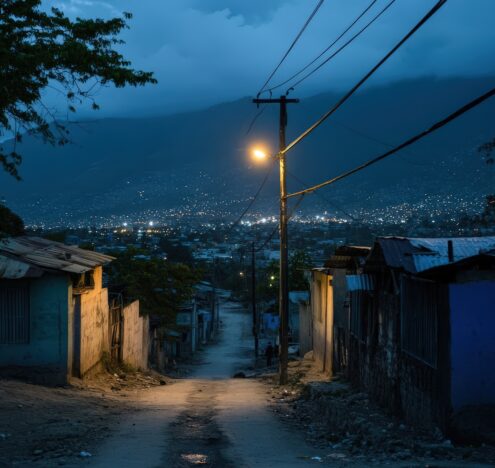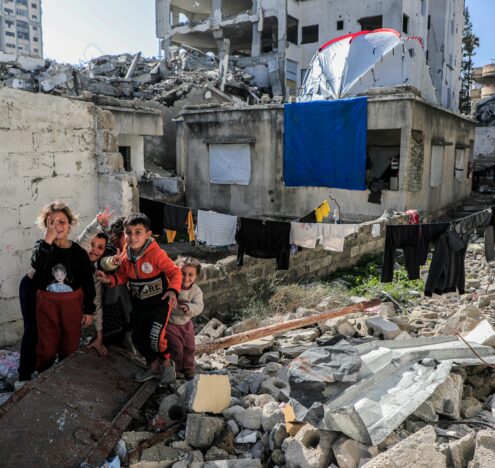It’s no secret that ISIS wreaked havoc in Mosul. The city endured three years of darkness, separation from the rest of the world, and immeasurable loss. In 2017, Mosul was finally liberated, but at tremendous cost. Entire streets and families were wiped out as if they had never existed. The biggest library in Mosul was burned to the ground along with stacks and stacks of books. A big part of the city’s cultural heritage was destroyed. On a personal level, I lost friends. My house was bombed. Our family business, a dairy shop, was also bombed during the liberation of the west side of Mosul.
Every cloud, however, has a silver lining, including the ISIS occupation. In order to understand the complexity of this perspective, we need to go back in time to how my life was before 2014.
I was a teenager living a typical Mosuli life. I hung out with my friends all the time. I played soccer. I didn’t have a cell phone. I worked during spring and summer vacations. I had no future plans whatsoever. I didn’t even have an answer for questions like: “What college do you want to go to?” and “What is your passion?” Both of my parents had dropped out of school. I hated school. In high school, I always failed at least a third of my subjects, even though going to college meant securing a lifetime government job with a decent salary.
So in 2014, I was in my senior year and, as usual, I was hardly studying. When ISIS captured Mosul in June, my life turned upside down. In the beginning, everything felt normal. I was about to finish my senior year of high school. I had already taken two of my final exams. A few days after that, ISIS announced there would be finals but under their supervision. I decided to take the exams since I had no other choice. But I was so careless that I didn’t even know which subject my second exam was. So, I went to my friend’s house, Hamza, to ask him.
“I’m leaving for Kirkuk tomorrow morning to have my finals under the government’s supervision,” he responded. “If you want to come, let me know by tonight.”
The next day I found myself on the seven-hour drive to Kirkuk. ISIS militants stopped us at a checkpoint and asked, “Why are you leaving Mosul?”
There were 11 passengers in the van, but none of us dared to say we were students because that meant we were going to take the exams outside of the “caliphate.” In other words, it implied that we believed that ISIS wouldn’t stay in Mosul forever, that we were choosing government supervision over ISIS supervision. So each of us had to come up with a lie. I told them that I was going to bring my mom and sister back to Mosul.
We got through the checkpoint. But while speeding along on our way to Kirkuk, we crashed the car. We were forced to run away and leave our books behind so ISIS couldn’t catch us in our lie.
We caught a bus, which took us from an ISIS stronghold into Kurdish territory. There were only around 500 meters separating the ISIS militants and the Kurdish soldiers. It felt a bit strange. They were so close to each other, yet no one attacked. It was as if people were already acting like ISIS was a legal force.
The next day, early in the morning, we headed to Sulimania. Some friends told us that teachers there were going easy on students and giving them some space to cheat. Ultimately, I stayed there for 9 days and returned home the day I was done with exams.
Despite that effort to complete my exams, I was still a careless kid who had no clue what he was going back to. But from that moment on until 2018, life crushed me. I returned to work in a dairy shop in Bab Al Tob, downtown Mosul, which was a very lively and crowded place at the time. Little did I know, I would be stuck there for more than two, excruciating years.
I worked between 12 to 15 hours a day. I didn’t see my neighborhood during the day, because I always left home before sunrise and came back after sunset. I even worked on weekends. I only received a day off every other month. I never had time for myself. All I did was work during the day and sleep at night. When I came back home from work, I used to fall asleep within seconds of laying my head on the pillow, obviously due to exhaustion. Not everyone could survive there. Most workers quit even though it was extremely difficult to find a job back then. I, however, managed to stick it out.
I am someone who grew up with war and instability. Throughout my childhood, not a single day passed without a shooting or a car bomb. Sometimes, bullets flew overhead while we were hanging out and having fun with neighbors. We would continue as if nothing was happening, though sometimes people were killed or wounded by stray bullets. A bullet once penetrated my father’s stomach and came out of his back. Thankfully, he survived, the bullet missing his kidney by mere centimeters.
But despite the violence I experienced in my youth, I was unprepared for ISIS’s brutality. As days and months went by, ISIS started executing people publicly. I still vividly remember one of the first public executions in Bab Al Tob. ISIS militants killed three people and hanged them on a bar placed on a pick-up truck. I remember a woman throwing up on the middle of the sidewalk when she saw them. The militants wanted to set an example, and to plant fear in the hearts of my people. They succeeded.
You don’t appreciate peace until you go through war. You don’t appreciate your life until death starts claiming the lives of those around you.
As the days progressed, so did the number of deaths. I saw a person being thrown from a high building. I saw a teenage ISIS militant killing a man with a pistol. I even saw a dead ISIS member put on a cross for three days for selling guns illegally. And, this was just during the reign of ISIS. The liberation of Mosul offered its own slew of horrors as airstrikes brought buildings down and killed a lot of people. After a while, these events numbed me. Seeing a dead body became just another regular day.
A day before my neighborhood was liberated, our house was bombed. It was early in the morning. My family was sleeping, and all of a sudden I woke up to a very loud explosion. I started to cry like a child. I didn’t realize what just happened. When I opened the door, all I could see what dust. The blast shattered all the windows and glass was strewn across the ground. The explosion had destroyed the front of our house and a large part of both the kitchen and guest room where my brother’s three-member family used to sleep. But, luckily, on that day, they were sleeping in the rooms at the back of our house. Otherwise, they may have died.
After the liberation, I worked in Souq Al Ma’ash, a wholesale fruit, and vegetable market. If you don’t stand up for yourself there, your fellow workers eat you alive. They take advantage of you. They make you work while they sit and watch you. Sometimes, I even had to spend the night there in order to watch the products, especially expensive ones like truffles. Soon, I had enough.
I finally decided to turn my life around and went to college at the end of 2017. I was eager to learn. During my first two years of college, I woke up before sunrise every day in order to study. School, which I hated in the past, now felt like heaven. Compared to everything I had gone through, school felt fun. It was a piece of cake. All I had to do was go to school, take four hours worth of classes, go back home, and study from the comfort of my room. I went from working under the sun for up to 15 hours a day to wearing nice clothes and sitting at a comfortable desk in a classroom.














